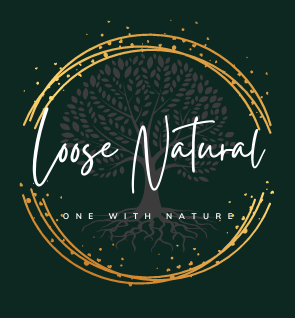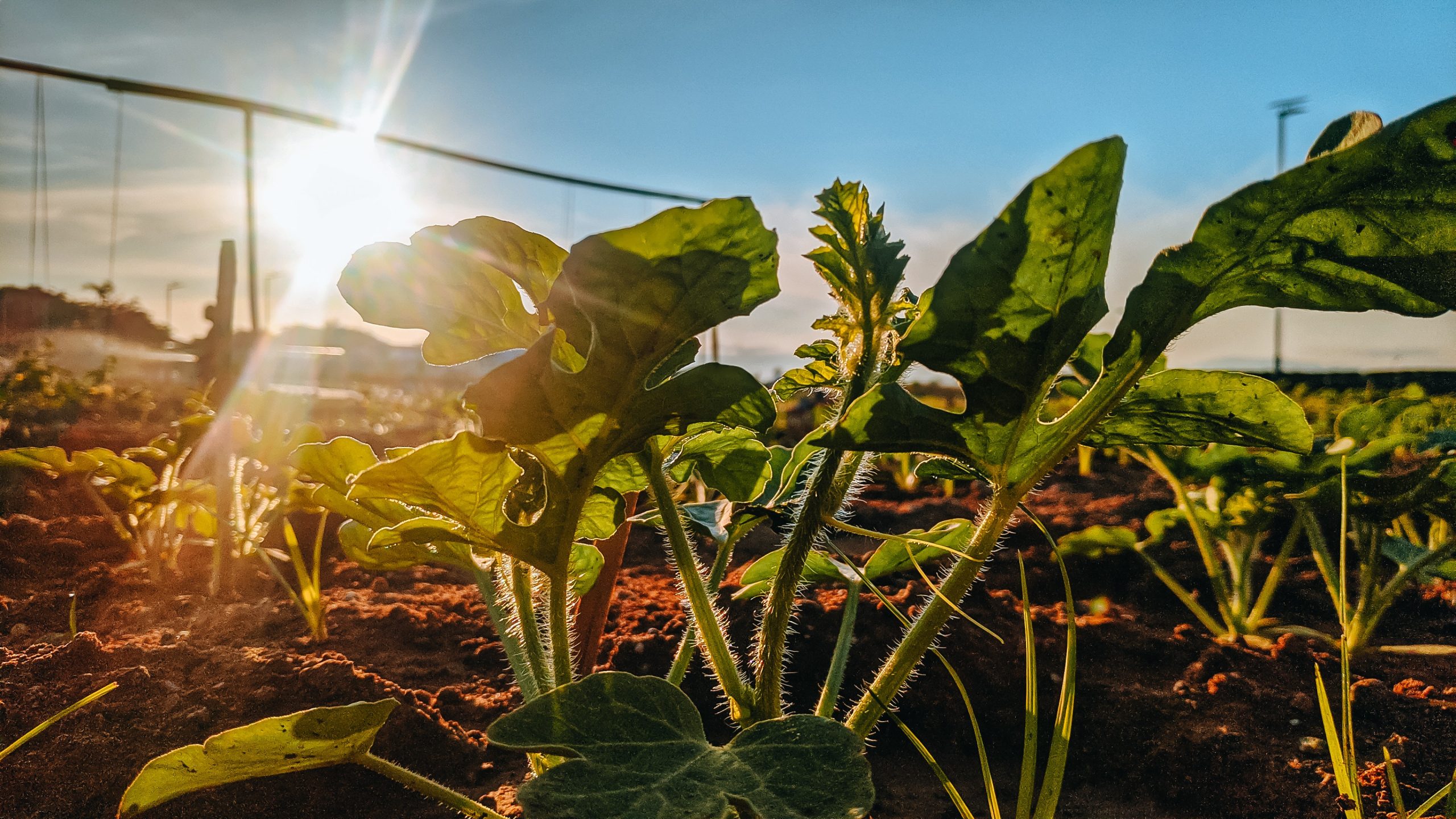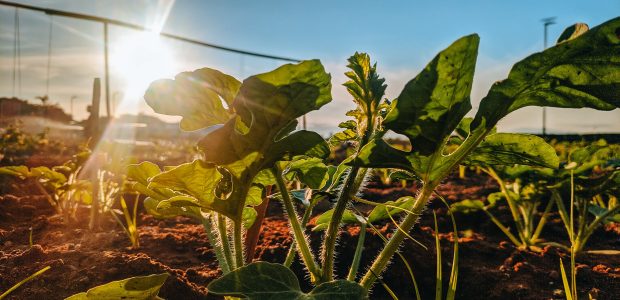
Organic permaculture is a type of agricultural approach that focuses on creating a self-sustaining system by using organic methods and principles. It involves integrating various methods, including planting and cultivating, composting, animal husbandry, and soil management. The aim of organic permaculture is to create a sustainable ecosystem that supports the growth of a variety of plants and animals while preserving the environment. This involves working with the natural systems that are already present in an area and enhancing them, rather than imposing a monoculture system on the land. By focusing on biodiversity and soil health, organic permaculture produces healthier, more nutritious plants and animals, and supports local ecosystems.
Organic permaculture products can be a wide range of items that are produced using organic, sustainable methods. Some examples include:
1. Organic fruits and vegetables – These are grown without the use of synthetic pesticides or fertilizers and are harvested in a sustainable manner.
2. Organic meat – Meat products from animals that have been raised in a free-range, organic manner without the use of hormones or antibiotics.
3. Organic honey – Produced by bees that have been allowed to roam freely and collect nectar and pollen from organic flowers.
4. Compost – A mix of organic matter such as food waste, leaves, and grass clippings used as a natural fertilizer.
5. Worm castings – The waste produced by worms in a vermiculture system which is high in nutrients and used as a soil amendment.
6. Herbal remedies – Made from plants that have been grown without the use of chemicals or pesticides.
7. Seeds – Organic, non-GMO seeds that have been produced in a sustainable manner.
All of these products are produced using sustainable, regenerative practices that support the long-term health of the environment and local communities.
Here are some ways to use organic products in your daily life:
1. Eat organic food – Buy organic fruits, vegetables, and meat to consume a healthy, chemical-free diet.
2. Use organic cleaning products – Replace chemical-based cleaning products with organic, plant-based cleaners to reduce toxic exposure in your home.
3. Use organic skincare products – Switch to organic skincare products that contain natural ingredients to nourish your skin without harsh chemicals.
4. Use organic essential oils – Incorporate organic essential oils into your daily routine to promote relaxation, ease stress, and uplift your mood.
5. Use organic gardening products – Use organic fertilizers, compost, and pest control methods to grow organic fruits and vegetables in your garden.
6. Use organic clothing – Choose organic cotton or linen fabrics for your clothing to avoid harsh chemicals and pesticides.
7. Use organic supplements – Include organic supplements in your daily routine to support your health and well-being.
By incorporating organic products into your daily life, you can reduce exposure to harmful chemicals, support sustainable agriculture, and promote a healthier environment.


